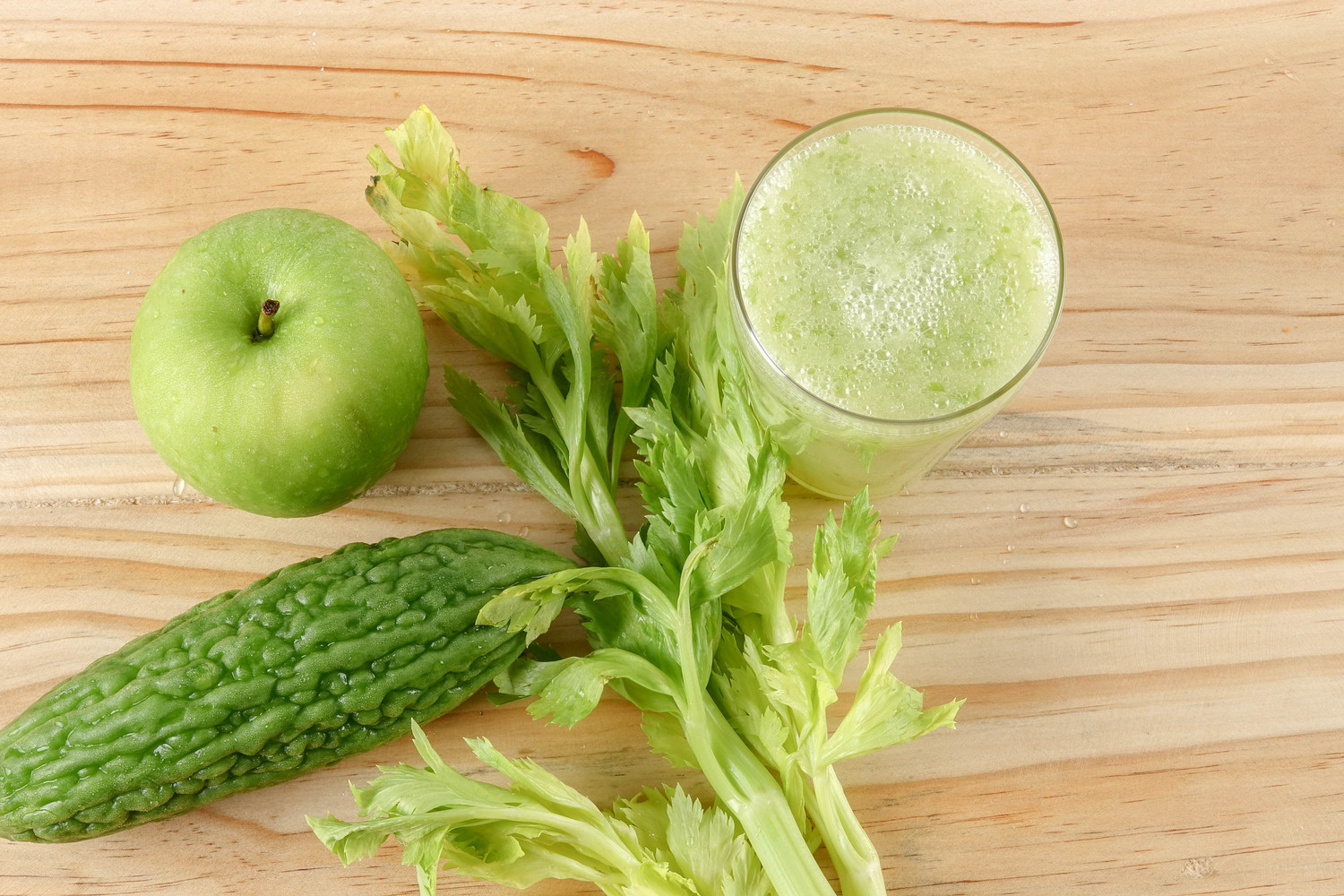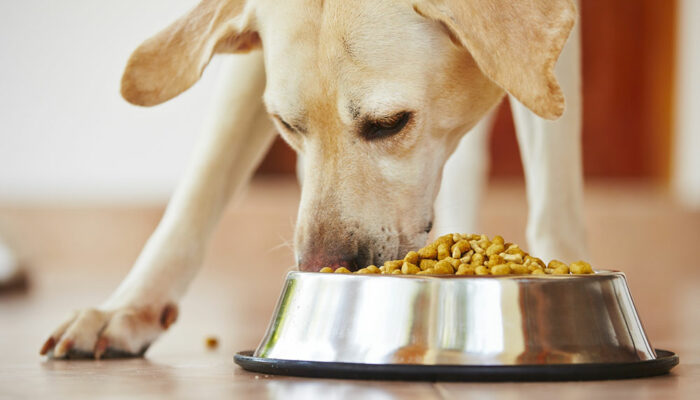
7 Vegetables That Trigger Ulcerative Colitis (UC)
Ulcerative colitis (UC) is a chronic inflammatory bowel disease that results in reactions in the immune system, causing inflammation and ulcers along the inner lining of your large intestine. You might be wondering if there’s a difference between Crohn’s disease and ulcerative colitis, and there is—where Crohn’s has healthy parts of the intestine mixed in with inflamed areas, UC is continuous inflammation. Crohn’s can also occur in all layers of the bowel wall where UC is only in the innermost lining. Although these two do use similar treatments and medications, including Stelara and Entyvio, Ozanimod is for UC specifically.
In addition to taking prescribed medications, one should watch what they’re eating, as certain foods can be triggers. While veggies often provide excellent vitamins and minerals, they can contain compounds that don’t sit well with your body if you have a condition like UC. Here are 7 vegetables to avoid that trigger UC:
1. Broccoli
Broccoli contains insoluble fiber, fiber that doesn’t dissolve in water, and it has tough stalks. These factors make digestion more difficult and can result in excess gas and bloating—these symptoms are likely already present with UC, so it’s best to avoid such fibers with the condition.
2. Cauliflower
Like broccoli, cauliflower contains insoluble fiber and has tough stalks. The challenges faced with digesting these results in increased amounts of gas and bloating, more frequent bowel movements, and abdominal cramping, potentially triggering a flare-up or making a current flare-up worse.
3. Brussels sprouts
You’ll start to notice a trend in this list—insoluble fiber is a big no no with UC. Brussel sprouts are another vegetable you’ll want to avoid to make sure you don’t give yourself extra bloating and gas.
4. Cabbage
Another victim of insoluble fiber is cabbage. This vegetable, along with other insoluble fiber vegetables, is not easily digested, causing gas, bloating, and cramping. Cabbage that is well-cooked and chopped into fine pieces may not cause any harm, but if you notice this still affects you, you should find an alternative.
5. Raw kale
Uncooked greens in general are not good for those with UC, and raw kale in kale salads or other uncooked forms can be irritating due to their rough texture.
6. Asparagus
High fiber foods are typically okay outside of a flare-up, but if you’re already experiencing one, you’ll want to avoid it. Asparagus is very rich in fiber, so to avoid making symptoms worse, keep this one off your plate.
7. Celery
Another culprit for UC flare-ups are stringy vegetables—we’ll bet you thought of celery first. Stringy vegetables like celery are especially difficult to digest, and you want to avoid putting any more strain on your body than the symptoms of UC already are.
With UC, it is a good idea to keep a food diary of all the things you’ve eaten that caused flare-ups, what symptoms they caused, what form they were in (raw, boiled, grilled, etc.), and so on. Everybody is different, so it’s important to know what you specifically can and cannot consume.



